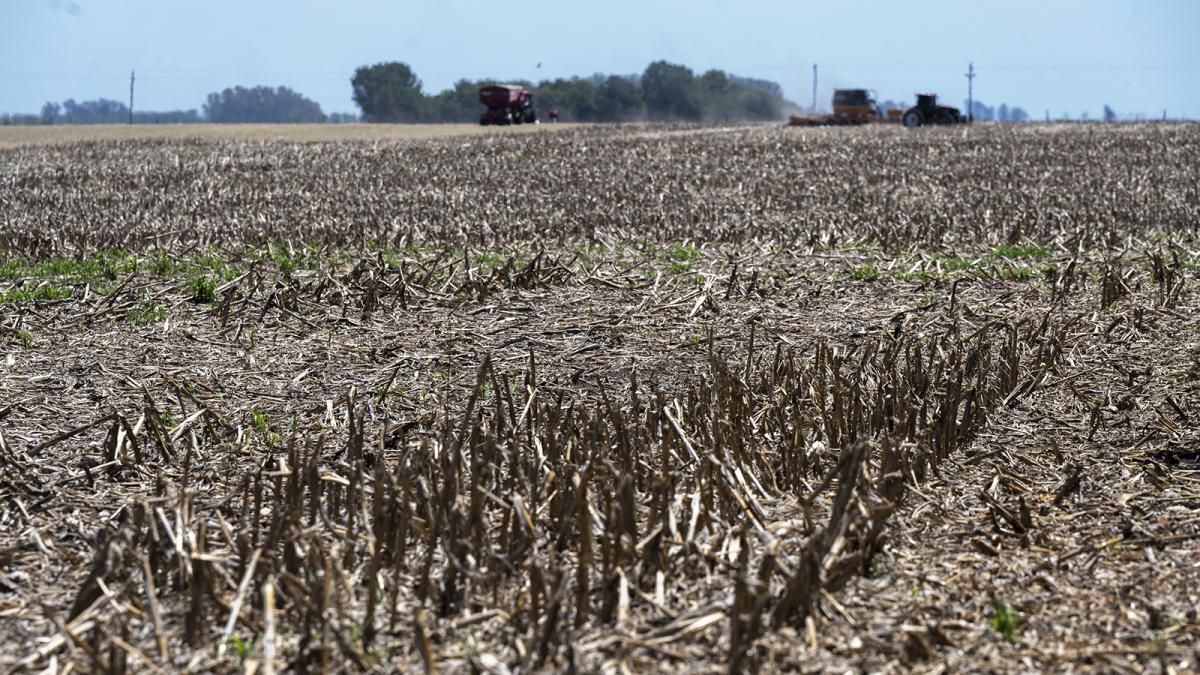In his meeting last week with the Liaison Table, Economy Minister Sergio Massahad made a commitment to the sector to bring it specific solutions by item to alleviate the effects of the drought in the first days of February.
The rains arrived last Saturday with varied intensities, with amounts that they went from minimums of 10 millimeters to maximums of between 35 to 80 millimeterswhich also had an impact on the movement of equipment for sowing.
Despite the rains, some estimates show that the drop in corn production would be around 7.5 million tons.
“The rainfall caused the reaction of the agricultural sector, an intense movement of equipment was observed, for which reason the planting process was resumed, particularly late soybean and late corn, although closed the period of the optimal dates or windows for its implementation,” the report added.
In this sense, “an important area of late maize was planted, particularly in the areas of influence of dairy basins“, that is, in the central region of the province.
In the case of the dairy basin, the Government announced a plan to offset the cost of animal feed according to the production size of each dairy farm.
Refering to late soybean“advance was made in the planting in almost all the departments” and until now 82% of the estimate was covered at the beginning of the campaign, which represents some 475,600 hectares.
Regarding the harvest processes, the work reports that activities resumed in the middle of the week with “average yields without significant variations.”
“They continued to be irregular and largely low, due to the environmental characteristics of water and thermal stress who went through the cycle. The minimums ranged from 4 to 8 quintals per hectare and maximums from 18 to 20 quintals“, add the text.
In general, the state of the oilseed it continued to be from bad to regular in some sectors and from good to very good in others, “depending on the rainfall in each area and the phenological stage of each plot.”
For this reason, “the movement of machines chopping/bagging the cereal was observed”, although “some producers, given the high costs and low quality of the material, continued making rolls of whole plants” to be used for livestock.
Source: Ambito
David William is a talented author who has made a name for himself in the world of writing. He is a professional author who writes on a wide range of topics, from general interest to opinion news. David is currently working as a writer at 24 hours worlds where he brings his unique perspective and in-depth research to his articles, making them both informative and engaging.




